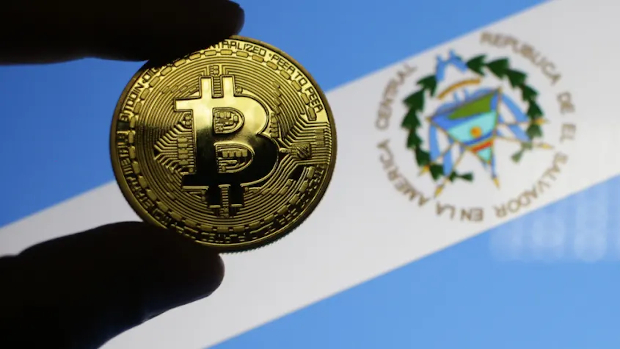
IMF urges El Salvador to remove Bitcoin as legal tender
The International Monetary Fund (IMF) has urged El Salvador to remove Bitcoin’s legal status, warning it could impact the nation’s ability to receive a loan from the fund.
The government of the country adopted Bitcoin as legal tender in September 2021, with president Nayib Bukele’s decision prompting thousands of Salvodorans to take to the streets to protest at the time.
The IMF’s Executive Board said that the adoption of a cryptocurrency as legal tender entails large risks for financial and market integrity, financial stability, and consumer protection, as well as creating contingent liabilities.
The directors agreed that boosting financial inclusion was important and noted the country’s digital means of payment, like the Chivo e-wallet, could play a role in this. However, they emphasised the need for strict regulation and oversight of the new ecosystem of Chivo and Bitcoin.
The directors stressed that there are large risks associated with the use of Bitcoin and urged authorities to narrow the scope of the Bitcoin law by removing its legal tender status. Some directors also expressed concern over the risks associated with issuing Bitcoin-backed bonds.
The use of the cryptocurrency as legal tender could impact its efforts to get a loan from the IMF, according to Bloomberg. The country sought a $1.3 billion IMF loan last year but talks have reportedly been hindered by the fund’s Bitcoin concerns, and any programme would need to be approved by the board.
El Salvador began buying Bitcoin last year and bought around 1,801 coins. Its value has fallen 45% from its peak in early November meaning the nation has lost around $20 million, estimated Bloomberg.
The IMF predicts that El Salvador’s economy is projected to grow around 3.2% in 2022, although public debt vulnerabilities have emerged. The fiscal deficit is projected at 5.75% of GDP in 2021 and about 5% of GDP in 2022.
“Under current policies, public debt is expected to rise to about 96% of GDP in 2026 on an unsustainable path,” said the fund.
Ⓒ Future Publishing





Subscribers 0
Fans 0
Followers 0
Followers